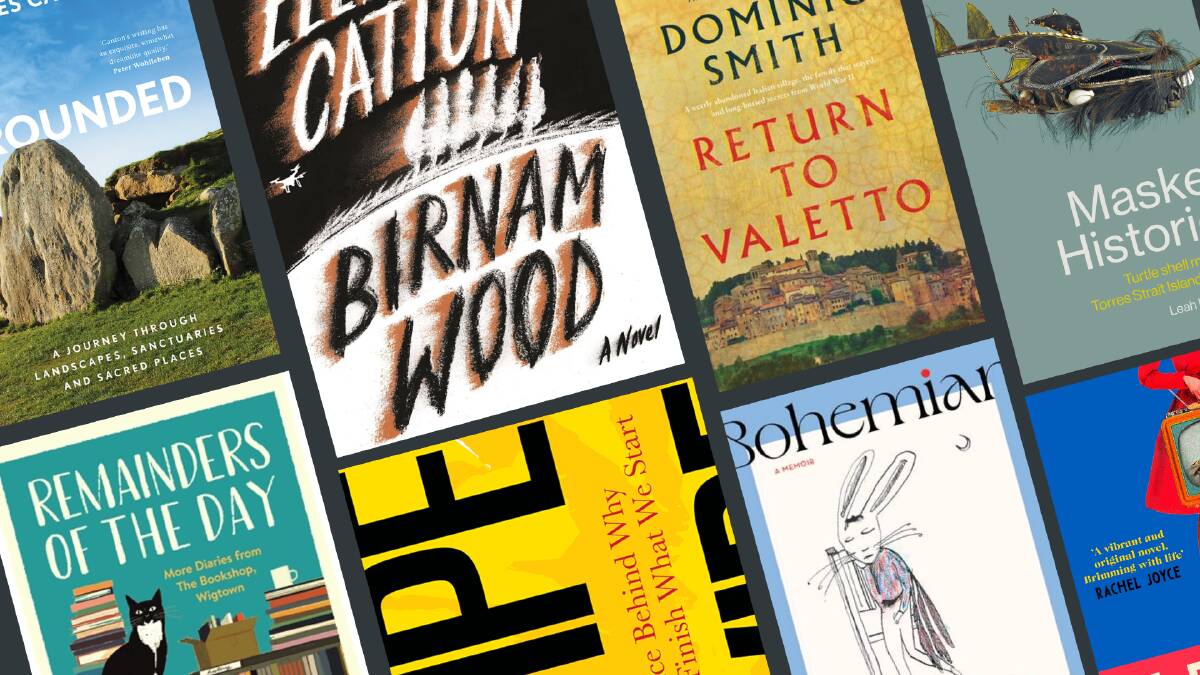
How enticing are those ghostly, abandoned villas in Italy, and how perfect the setting for a novel?
Subscribe now for unlimited access.
$0/
(min cost $0)
or signup to continue reading
Or a guerrilla gardening collective intent on sticking it to the man?
Back in the real world, growing up as the daughter of famous artists makes for a spicy memoir, while a historian takes an easygoing walk through ancient England.
There's plenty to choose form on this week's books pages.
And I welcome your thoughts and feedback on what we've been reading. You can reach me by email at sally.pryor@canberratimes.com.au.
Towns abandoned in plain sight
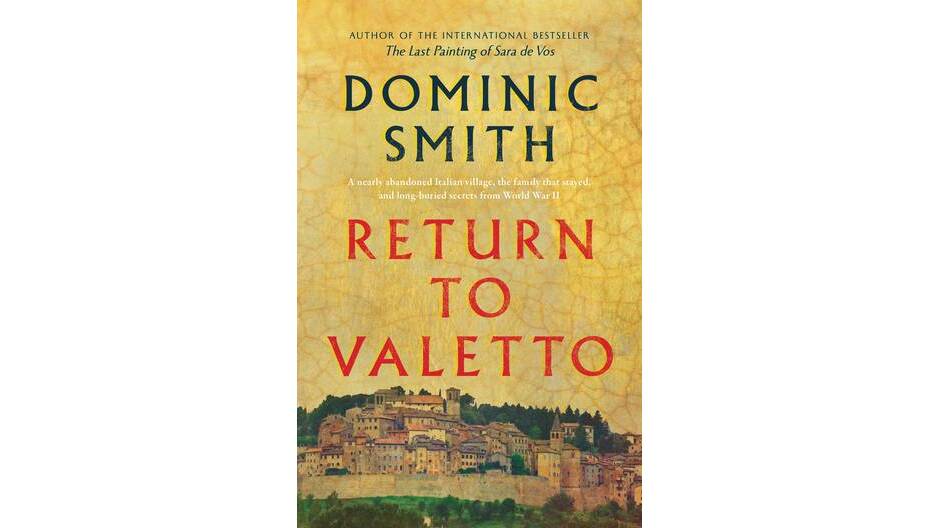
How enticing is the concept of abandoned Italian villages, left to crumble into the landscape as life bustles on around them?
For Australian-American author Dominic Smith, seeing dozens and dozens of these towns and villages in real life was fertile ground for his latest novel, Return to Valetto. It's a saga involving an eccentric family clinging to their crumbling medieval villa while trying to ignore their own family history and secrets.
"Italians never really let any part of history go," he tells me in our interview.
"You can be on a street corner in Rome, and you can see three eras of history on the same block. You can see something from the Roman era, something from the Etruscan era, and sometimes something from the Fascist era. And they're all just sitting there side by side - I think that sort of juxtaposition of history was also really interesting."
A bracing and kaleidoscopic childhood account
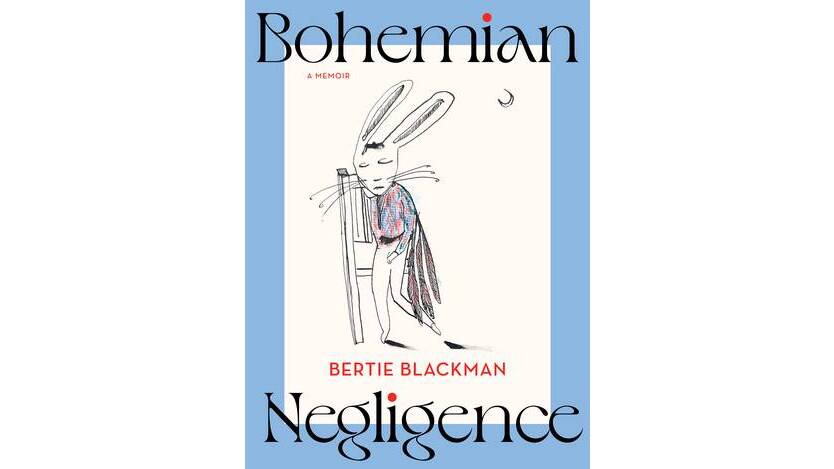
Musician Bertie Blackman has her own established artistic persona, but as the daughter of renowned artist Charles Blackman, it was inevitable she'd have enough material for her vibrant and often sad memoir, Bohemian Negligence.
"Charles Blackman emerges frequently from the shadows, impersonating Dracula while boiling spaghetti, rescuing his burned daughter from a hot barbeque, pretending to be doing push-ups when Bertie wanders into the adults' bedroom," writes reviewer Mark Thomas.
"He educates his daughter about drawing by insisting, most graciously, that 'we can use lines to make invisible worlds come alive'."
Gripping, incisive literary thriller
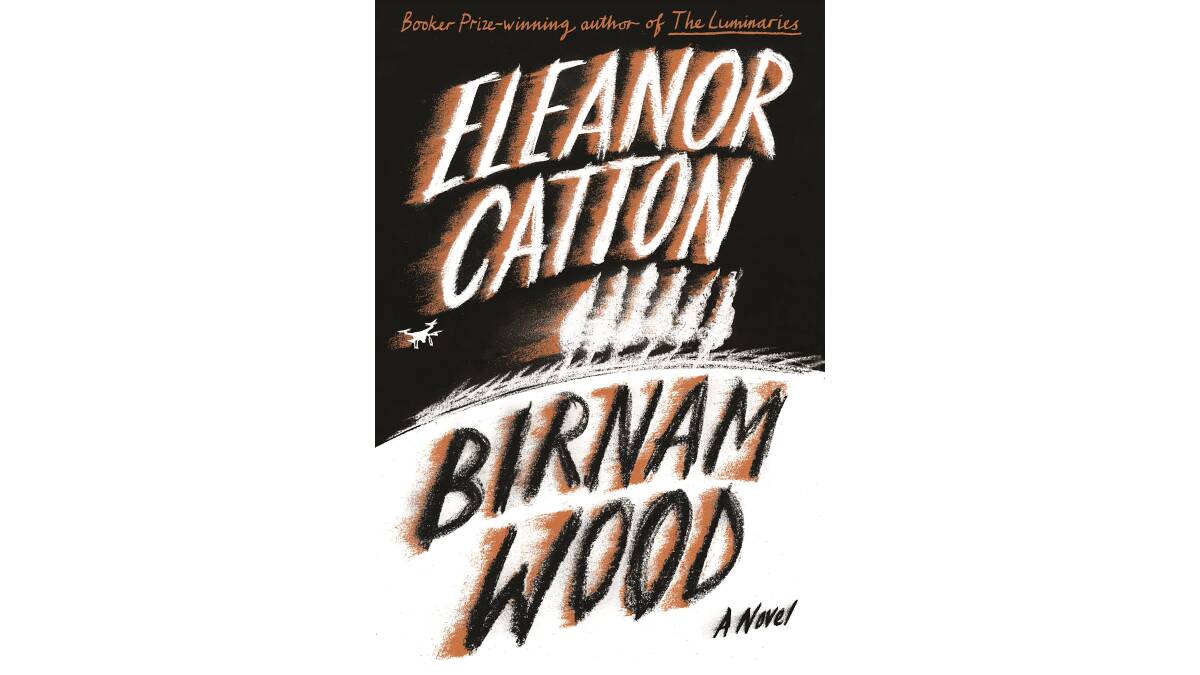
The premise of Eleanor Catton's new novel, Birnam Wood, does indeed sound like the opening of a joke, bringing together a venture capitalist, an aspiring journalist, a bunch of guerrilla gardeners and a pest control expert-turned-knight.
But, as reviewer Amy Walters points out, this is a gripping literary thriller with the same "penchant for intricate and twisty plots" that has come to define her award-winning work.
"While Catton's disaffection with the reigning economic and political order is obvious, she still manages to majestically depict life under late capitalism as a series of cascading disasters," she writes
"To her credit, Catton's tone never becomes didactic; while her characters do get shouty at times (particularly the activists), the heavy slathering of irony ensures their verbal sparring remains satirical."
The stories of unique and haunting artefacts
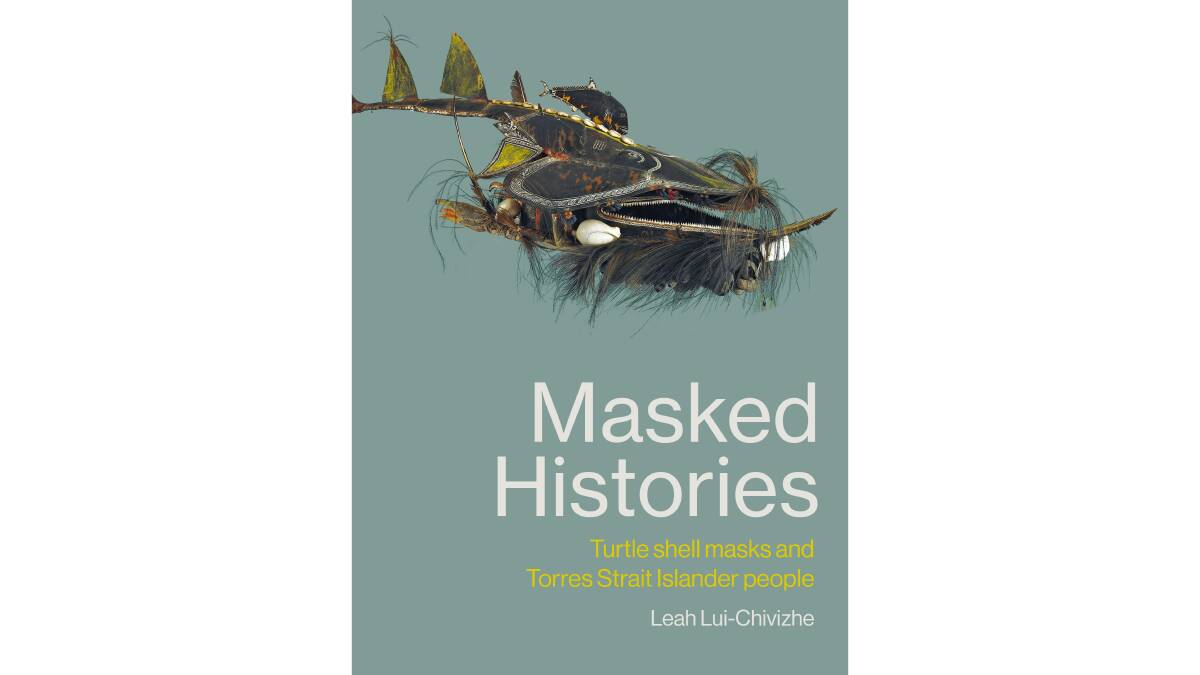
Indigenous storytelling is so often conveyed through objects, and in Masked Histories, Leah Lui-Chivizhe tells the stories of Torres Strait Indigenous culture through the masks made from the shells of the once-bounteous green turtles.
Reviewer Robyn Ferrell, who has herself written a book on Indigenous art, is impressed.
"A historian with links to the Torres Strait communities, she recounts not only the traditional practices surrounding these turtle masks from the point of view of early anthropologists, and more recent retellings of these as Indigenous oral histories, but also links these to the present-day concerns for the conservation of the species," she writes.
The kooky worlds of bookshops

Whoever said print is dead? The fact that bookshops still exist - and often thrive - put paid to that some time ago. Here, Colin Steele reviews four different books about bookshops, a collection that demonstrates the many weird and wonderful characters - both proprietors and customers - that move through these contained but expansive worlds.
"Independent new bookshops catering to their local communities have largely managed to survive in the face of Amazon and other discount providers," he writes.
"They have also increasingly become the location of novels in recent decades."
An easygoing journey through ancient England
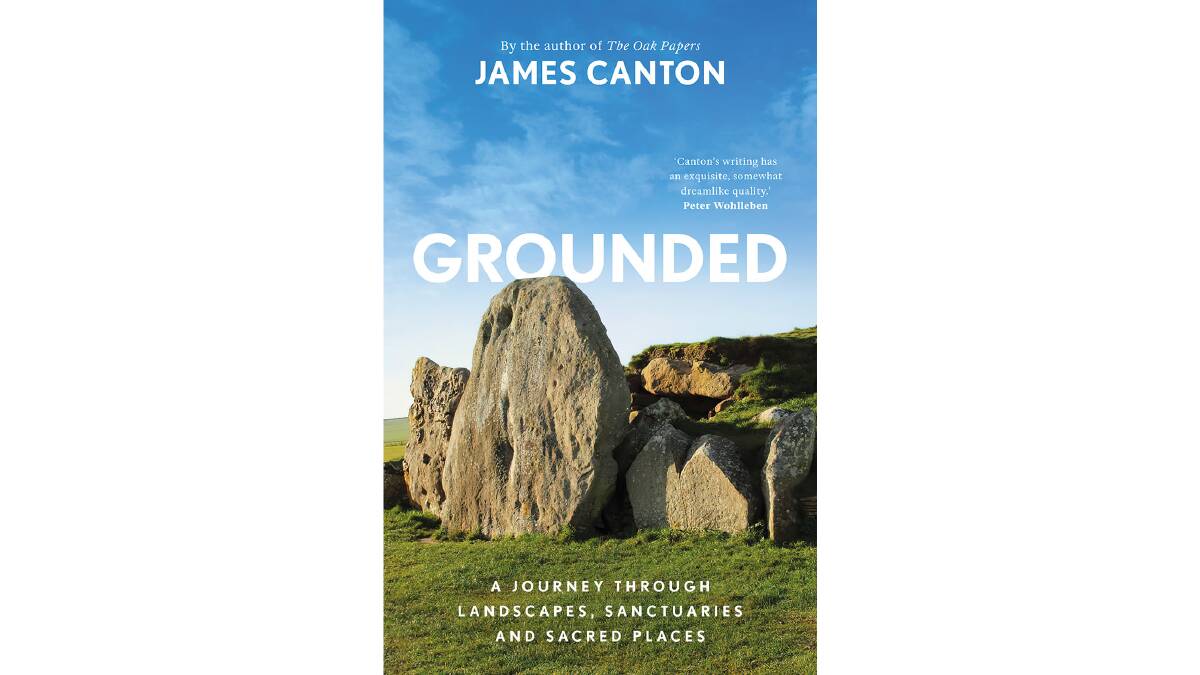
There's nothing like a stroll through the landscapes of history, especially an easygoing one alongside a well-known historical writer, James Canton, whose new book, Grounded, features the English landscape.
Reviewer Russell Wenholz is quite charmed by the journey.
"He describes the site, relates its history, and includes his own thoughts and associations. But this information is not given with academic logic and precision. Rather it comes to the reader, often randomly, as Canton is driving, cycling and walking through the countryside or in discussions with his friends," he writes.
"This loose format allows him to digress from his subject - these digressions are sometimes irrelevant, but usually interesting."
The world of a fiery Egyptologist
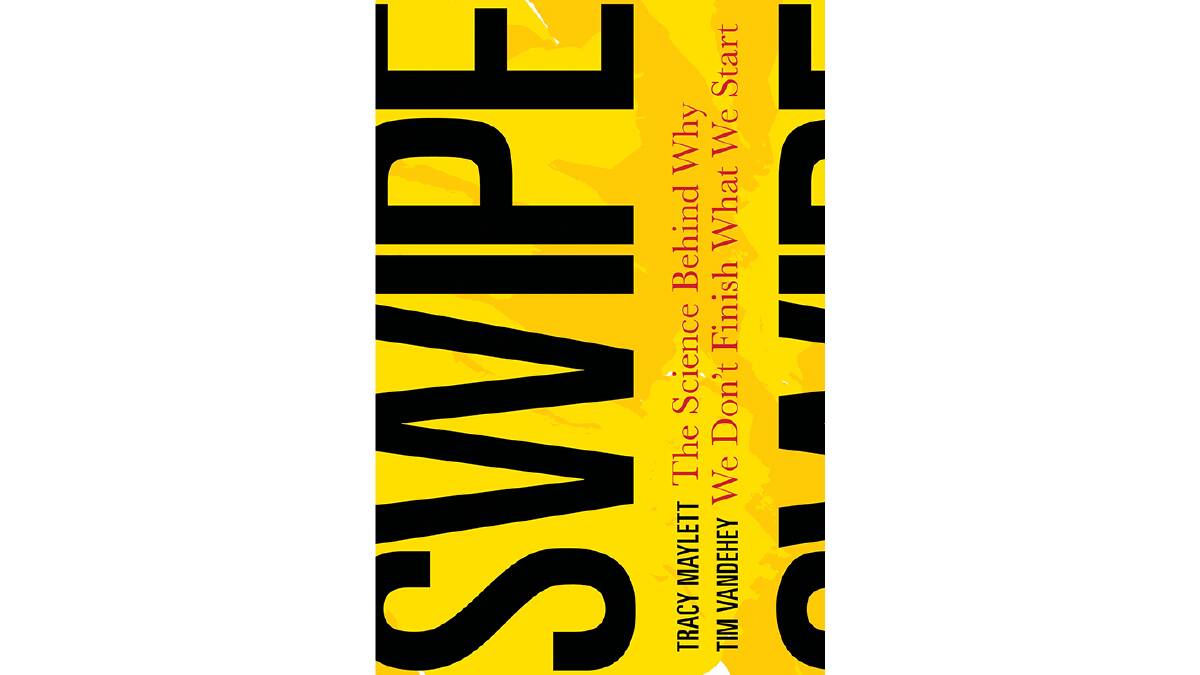
Not all ghostwriters get to work with glamorous subjects, and most can only dream of getting close to the likes of Prince Harry or Julian Assange. But while Tim Vandehey has ghostwritten his fair share of business guides and advice books, he's also collaborated with a range of sporting and TV figures.
"There shouldn't be any shame in saying, 'Look, I have all these ideas and a story, but I'm not a writer and I'm bringing in someone who is," he says.
"How's that different from saying, 'I'm not a carpenter so I'll bring in a carpenter to help build my house'?"
Vandehey has now built his own house, metaphorically speaking - Swipe: The Science Behind Why We Don't Finish What We Start.
And it's not about procrastination, but distraction. Just what we need in these, ah, distracting times.
Looking for more reads and recommendations? Browse our books write-ups and reviews. Bookmark the page so you can find our latest books content with ease!


